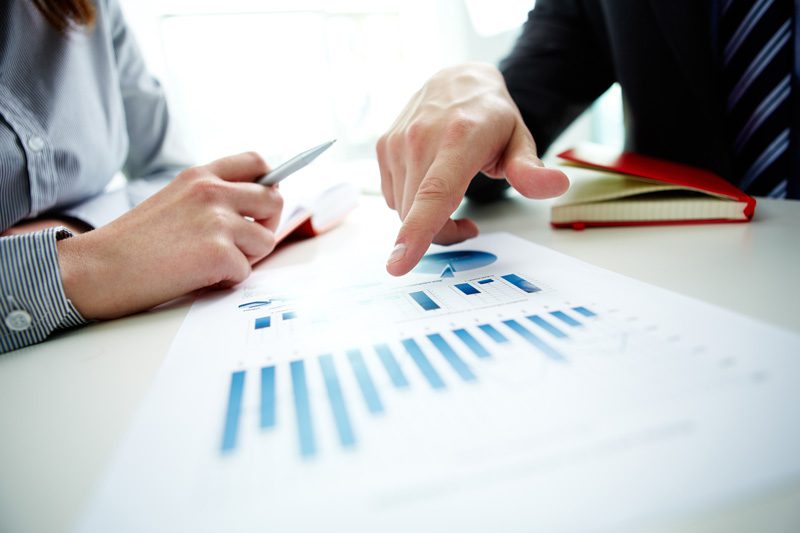What's My Business Worth?
Understanding the value of your business and how to calculated is critical to the sale of your businessDIFFERENT BUSINESS VALUATION METHODS, BUT THE SAME CRITERIA SHAPE THE FINAL RESULT
I am sure that you have heard many times that a business is worth what someone is prepared to pay for it. That sounds like a simple definition and one that neatly avoids any definition of what business value is. You might have also heard that a business is worth what a willing but not anxious purchaser is prepared to pay and what a willing but not anxious seller is prepared to accept. This is all very well, however it may not help you too much in working out what the value of your business is right now.
There are 3 important thigs that every seller needs to check off before they try to sell their business ie:
- Profitable
- Maintainable
- Transferable

Get Your Business Valued By An Expert
Businesses that are Profitable
In 99% of cases, the business will be valued, based on its profit. Under these circumstances, profit is referred to as future maintainable earnings and that figure is what a buyer reasonably expects the business will return as a profit in the immediately foreseeable future (12 months). The key areas to look at here are profitability (provable), maintainability of profit and transferability of profit. If you have these three, there is a fair chance that your business will have some value. Once we have established what the future maintainable earnings are, we apply a multiple to that figure and come up with value.
Profitability
The buyer must be able to prove the profit of the business. The most reliable indicator of profit is the financial statements of the business, being the most recent ones that are available.
Maintainability
The buyer will want to think that the business has a future. This involves asking common sense questions about how durable a product or services, whether it is under threat from innovation, disruption or technology and how flexible business model is, should a change in direction need to be made. We live in times where all businesses are under threat from disruption by new technologies and innovation. The business by will be looking at this aspect of your business so you would be well advised to pay a lot of attention to it when considering the value of your business.
Transferability
This is all about how easily the business can be transferred to the buyer. Things that add to transferability include systems, good infrastructure, low reliance on the owner for business success, the presence of competent managers who would remain in employment after the business is sold, and any other feature of the business which will ensure that the profits are transferable.
The Multiple
Once we have arrived at what the profit of the businesses, we value the business by applying a multiple to the profit. The stronger the business is with respect to the three factors immediately above, the higher that multiple will be. For most purposes the value of the multiple will fall in the range of 1.5 to 4. Unusual circumstances can take the multiple outside this range. For example, if there is no lease on premises or if the product range is coming to the end of its cycle, then the multiple will be under 1.5. If the business has strong residual ongoing income and the owner is hardly important to the business, then the multiple can go up. Other factors which can force a multiple higher include valuable intellectual property, strong market dominance or any other factor which decreases the risk of the business into the future. Please refer to other resources on this site in respect of business valuation.
Businesses that are Not Profitable – Asset Value Only
Where the business has no profit, it will be most usually valued on the basis of its assets, both tangible and intangible. The value of these assets can be either their value as a Going Concern, at their highest or auction value, at their lowest.
Who Might Buy and why it Matters?
It is important to start thinking about who might buy your business. it does make a difference because the circumstances of the buyer can mean your business is more valuable to one buyer that another. For example, if your business is bought by another company, they may not need all of your employees, your equipment, your premises and may be able to save on other expenses as well. The business is worth more to this buyer than another buyer who isn’t already paying these expenses. In thinking about selling your business, keep in the back of your mind who you think might buy it and prepare/act accordingly.
There can also be random, unexpected factors that might arise during the negotiation stage so it is essential to have an expert like BCI Business Brokers to advise you during this process.







